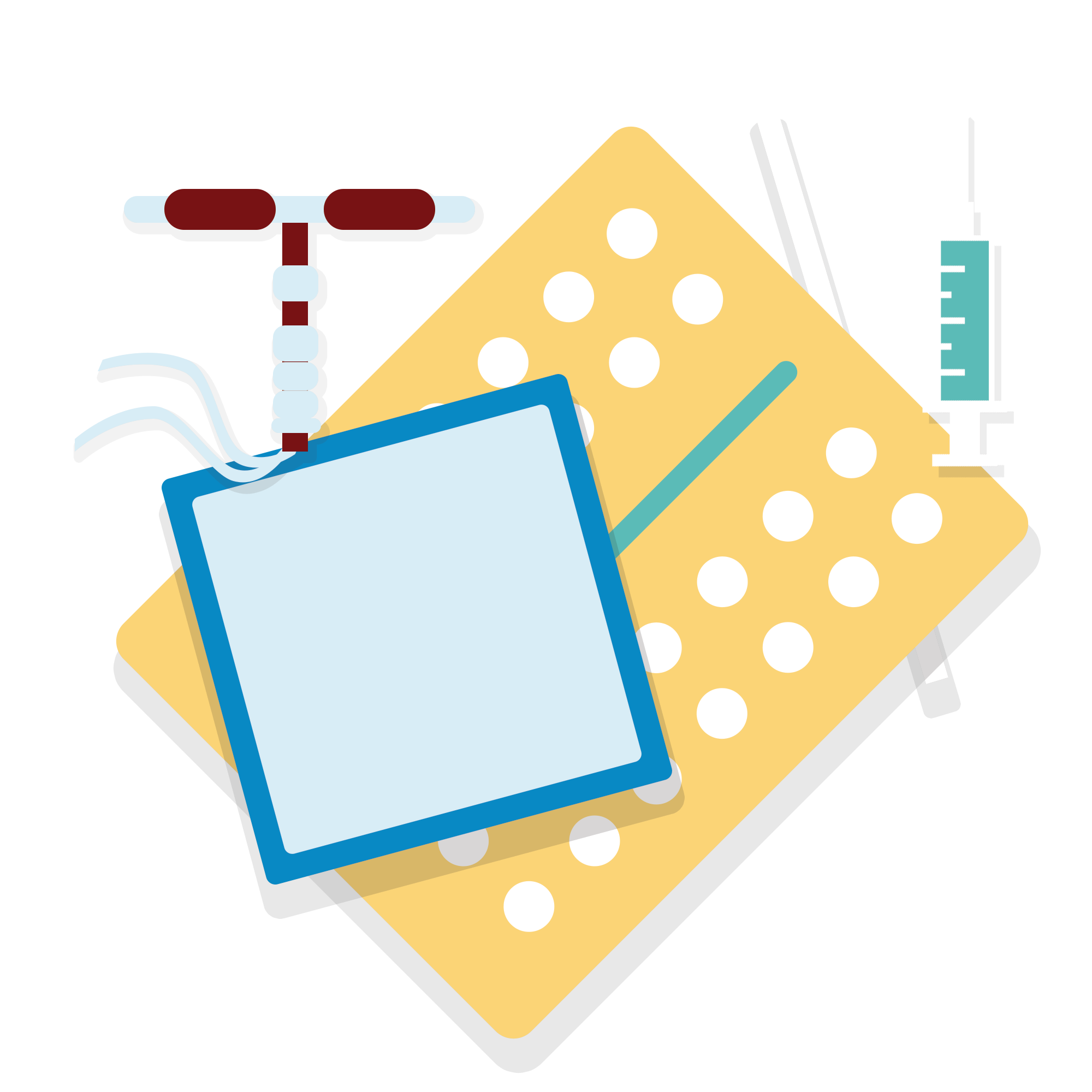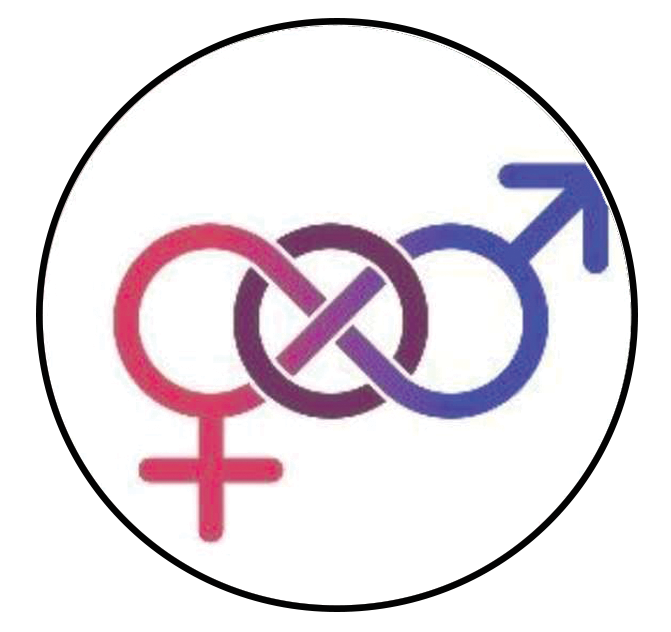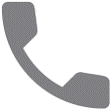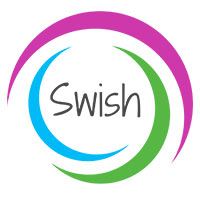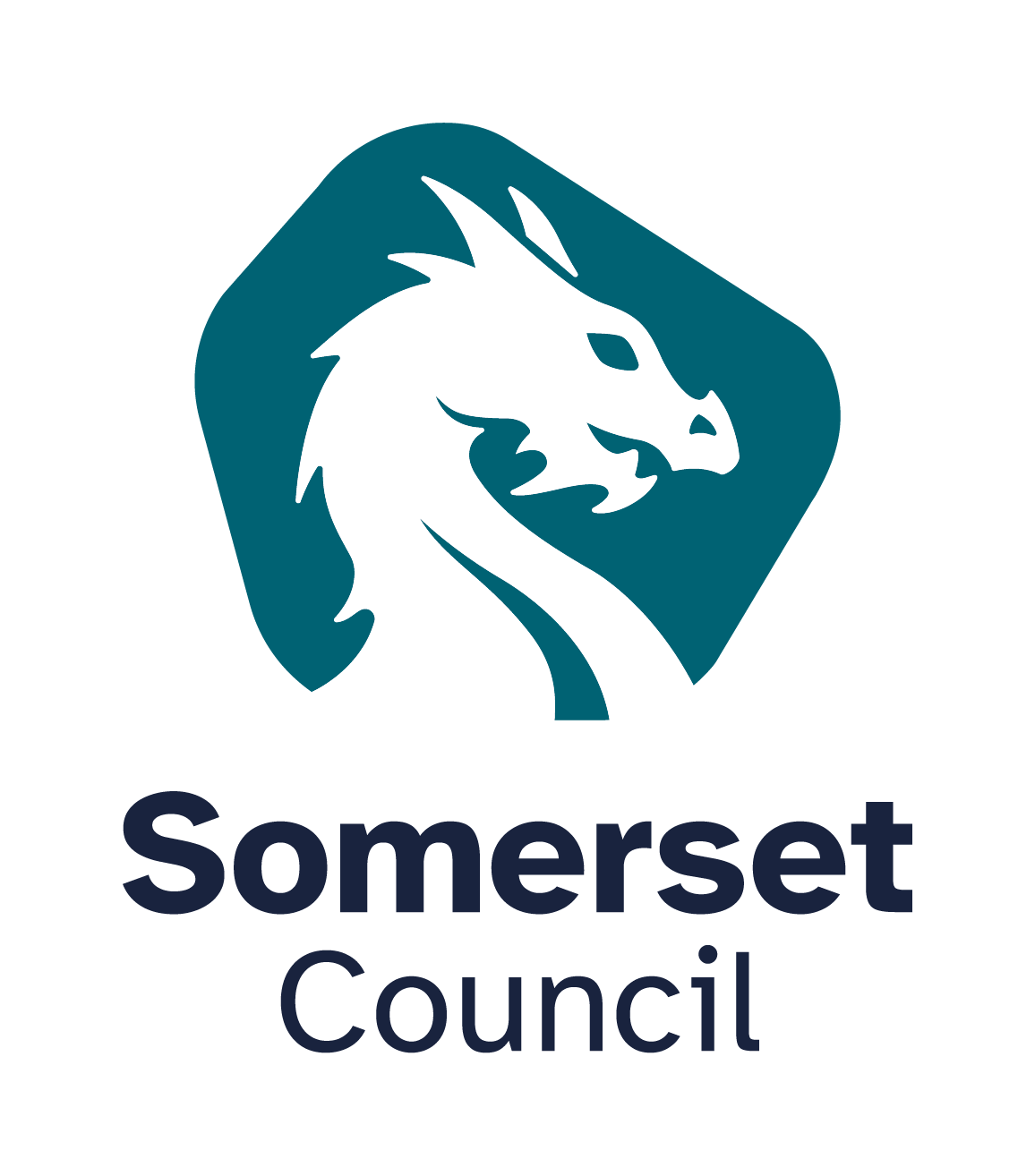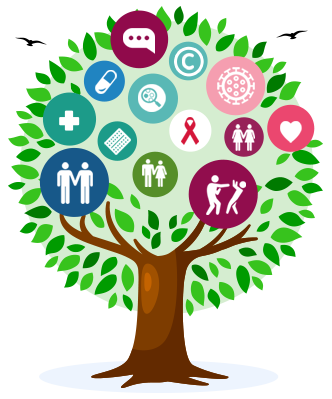
Latest News:
Services for Young People
Confidential information and advice on sexual health
Nearest service to meC-Card Issue Points
Where you can register or collect free condoms, including using our new Click and Collect
Find the nearest to meHow do you contract HIV?
HIV is found in the body fluids of an infected person, which includes semen, vaginal and anal fluids, blood, and breast milk. It is a fragile virus and does not survive outside the body for long.
The most common way of getting HIV in the UK is by having unprotected sex (not using a condom). According to statistics the majority of those diagnosed with HIV in the UK acquire HIV as a result of sexual contact.
Other ways of getting HIV include:
- Using a contaminated needle, syringe or other injecting equipment
- Transmission from mother to baby during pregnancy, birth or breastfeeding
- Sometimes, though very rarely, through oral sex, it's estimated that you only have a 1 in 5,000 chance of getting HIV if you give unprotected oral sex to someone with the infection
- It’s also possible for HIV to spread through the sharing of sex toys
It is important to know that HIV can’t be caught by:
- Kissing, hugging or shaking hands with someone who has HIV
- Sharing cups/glasses and crockery with someone who has HIV
- Eating prepared foods by someone who has HIV
- From toilet seats
- From insect bites
- HIV cannot be transmitted through sweat or urine
What is the difference between HIV and AIDS?
The first thing to know is that often people think that they are the same thing, when actually they both have different meanings. ‘HIV” is the name given to the virus and ‘AIDS’ is a name for a collection of illnesses caused by the virus.
HIV
HIV stands for ‘Human Immunodeficiency Virus’. ‘Immunodeficiency’ is a word that describes how the HIV virus weakens a person’s immune system; this is the part of the body that fights off illnesses like colds and flu.
AIDS
AIDS stands for 'acquired immune deficiency syndrome'. It means a collection of illnesses ('syndrome') caused by a virus people pick up ('acquire') that makes their immune system get weak (‘immune deficiency’). You cannot get an AIDS diagnosis unless you are HIV positive.
Treatment is now so good that very few people with HIV in the UK develop AIDS.
What are the symptoms of HIV?
The symptoms of HIV vary from person to person, and the only way to be certain that you have or have not got HIV is to have an HIV test. You cannot tell from symptoms alone. Tests are available from a variety of places throughout Somerset. It’s very important if you have HIV for it to be diagnosed as soon as possible, for the best chance of getting the right treatment and care and for staying well. A late diagnosis creates a tenfold increased risk of death.
Many people have a short, flu-like illness; this is called ‘seroconversion’, soon after they are infected with HIV. Typical symptoms of this would include a fever, sore throat, swollen glands, aches and pains, and a rash all over the body. In some people this illness is so mild that it passes without being noticed and others never experience it at all.
So, if you think you might have been at risk of HIV (e.g. had unprotected sex), whether you notice these symptoms or not, consider having an HIV test and, until you do the test, use condoms when having sex.
If you don’t get tested and are HIV positive, the HIV will weaken your immune system, and your CD4 count will drop. A CD4 count is a lab test that measures the number of CD4 T lymphocytes in a sample of your blood symptoms. It is an indicator of how well your immune system is working.
Signs of later HIV related illnesses are:
- Tiredness
- Night sweats
- Thrush in the mouth
- Weight loss
- Increase in ‘cold sore’ / herpes outbreaks
- Swollen glands in the groin, neck or armpit
- Continued diarrhoea
If you have a weakened immune system it can leave you more susceptible to serious infections like: pneumonia; tuberculosis (TB); and some cancers.
How do I get a test for HIV?
Confidential and free HIV tests are available from:
- SWISH Services
- Your local GP/Doctor
- The Eddystone Trust
An HIV test will test for either ‘antibodies’ (those made by the body to try to fight the infection) or ‘antigens’ (which is a protein found in the HIV cell). Antigens are present at the start of infection for a number of weeks before they stop being detectable, but antibodies take up to 12 weeks to be detected. Some tests will look for just antibodies, whereas others will look for both antigens and antibodies. After a person has been infected with HIV, there is what is commonly referred to as a ‘window period’ – where the virus will not be detected by certain tests. This can vary from approximately 28 days through to 90 days, dependent on which test is used.
You can also purchase HIV tests online in the UK from a number of different suppliers, but only buy those that meet European standards and carry the ‘CE’ mark for use as a self-test.
There number of different tests available, with varying window periods and result periods:
- A standard blood test at a clinic; this can take up to a week for the results
- A home-sampling test, undertaken at home (referred to as ‘home-sampling’); these normally have a window period of 90 days. A small pin prick lancet is used, sample taken and returned by post. Results are usually issued within 2-3 days of receipt of the sample.
A rapid point of care test, which could be either:
- A ’60 second’ test; these again at present are only available at a testing centre or a clinic. They are administered using a small finger prick lancet and taking a sample of blood. The window period for these is approximately 90 days, and the results can be read in 60 seconds (Yes, that is 1 minute).
- A ’20 minute’ test; these at present are only available at a testing centre or a clinic. They are administered using a small finger prick lancet and taking a sample of blood. The window period for these is approximately 28 days and the results can be read in 20 minutes.
- Self-testing; from 6 April 2014 it became legal in the UK to use a home testing kit that gives the results in the privacy of your own home. Regulated kits are now available to buy, but it is very important to check that the CE mark approves self-testing, before purchasing. The tests can be either administered by taking a saliva sample, or a small sample of blood from a finger prick lancet. These tests will have a window period of approximately 90 days and give results in 15-20 minutes (dependent on the test kit used).
Post Exposure Prophylaxis after Sexual Exposure to HIV (PEPSE)
Post-exposure prophylaxis (PEP), if administered promptly, is a treatment that can prevent HIV infection after the virus has been transmitted.
It’s important to say that it is not a cure for HIV; it works to prevent the virus from entering the cells in the body, which stops the infection. It is an emergency measure, and is a combination of powerful drugs that need to be taken for 28 days and can have side effects. You would need to start the treatment within 72 hours of exposure to the virus, but the sooner you start PEP the more chance you would have of it being effective.
PEP can only be obtained from a sexual health service like our SWISH Service /HIV clinics or an Accident & Emergency department of a hospital. It is not available from your GP.
If you want PEP, there are a number of questions that you will be asked, including:
- Who did you have sex with and the chances of that person having HIV
- What type of sex happened (vaginal, oral or anal?)
- If the other person definitely had HIV, do you know their viral load?
Remember, if you are having sex while taking PEP, always use a condom.
HIV Testing is available in many places across Somerset. For more information please contact SWISH Services 0300 1245 010


